Italian police believe the mafia was behind Pantani's exclusion from the 1999 Giro d'Italia
New investigation claims the UCI doctors were corrupted for a betting scam
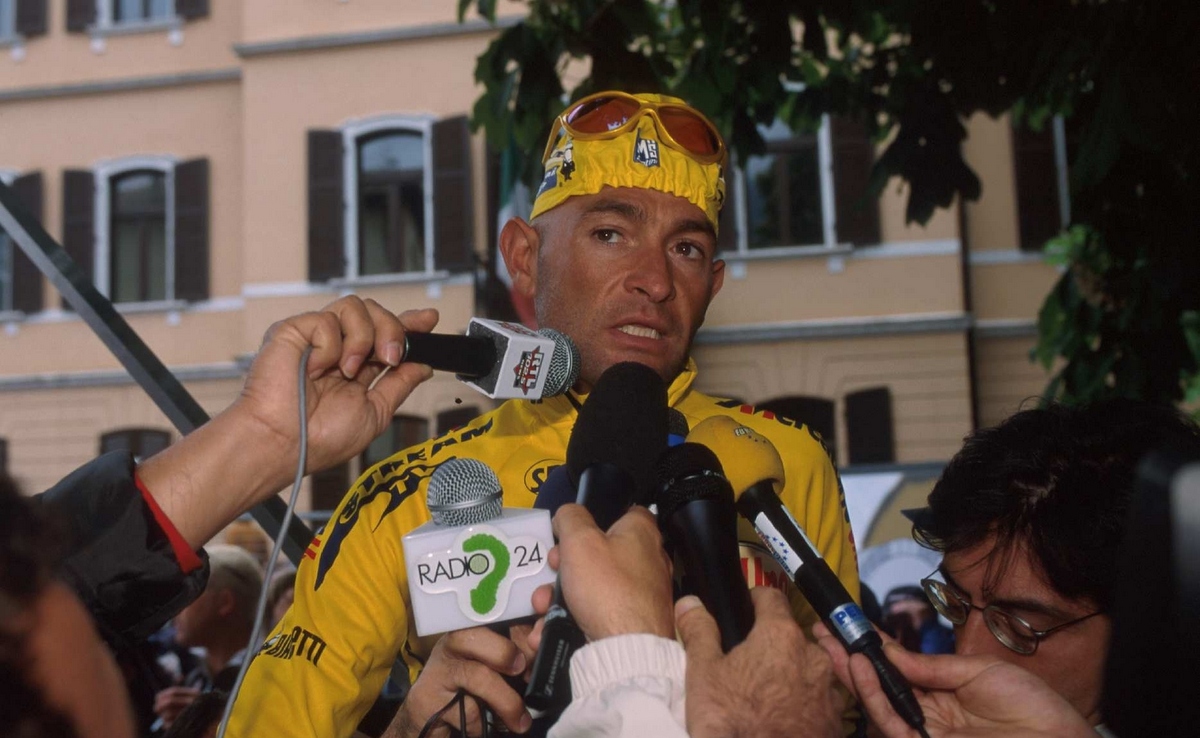
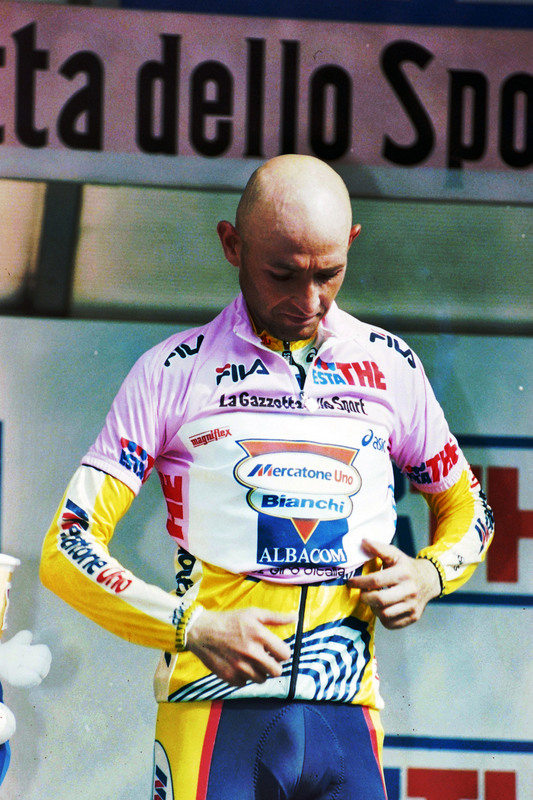
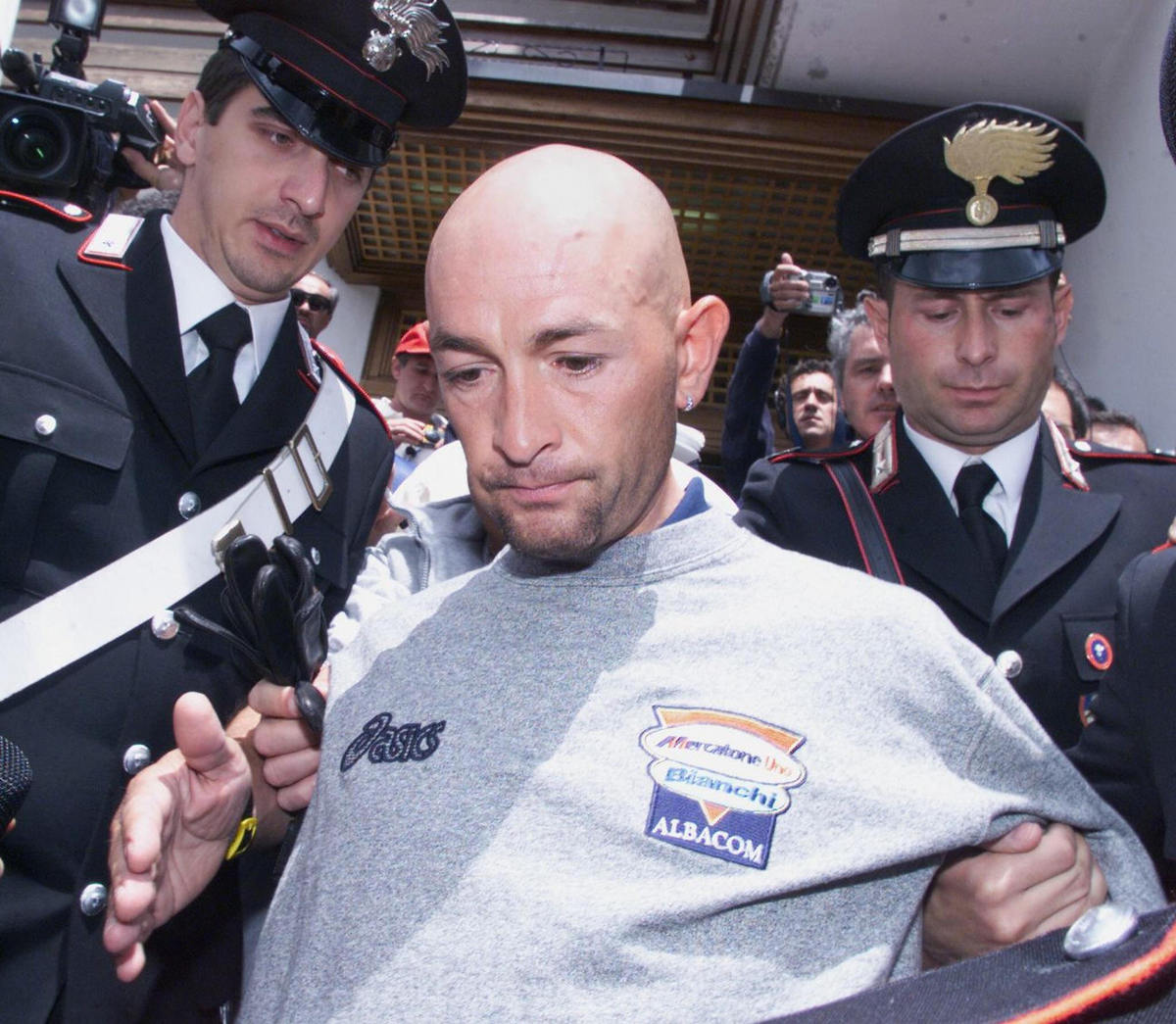
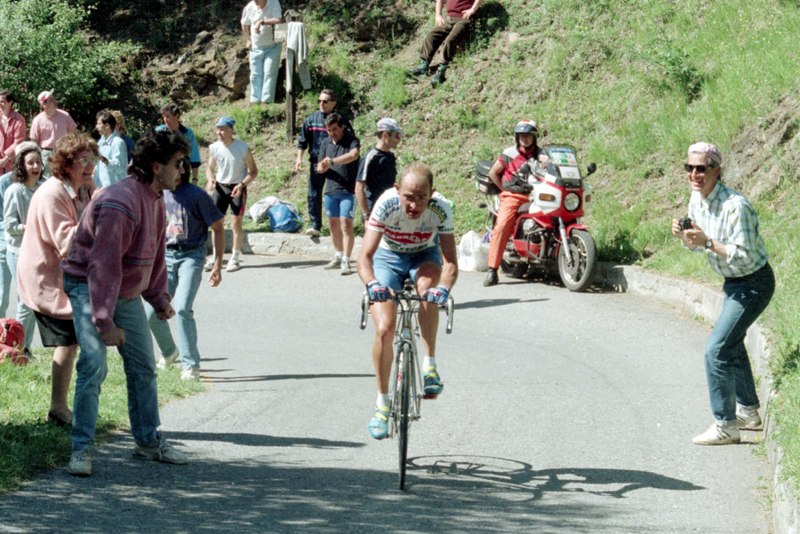
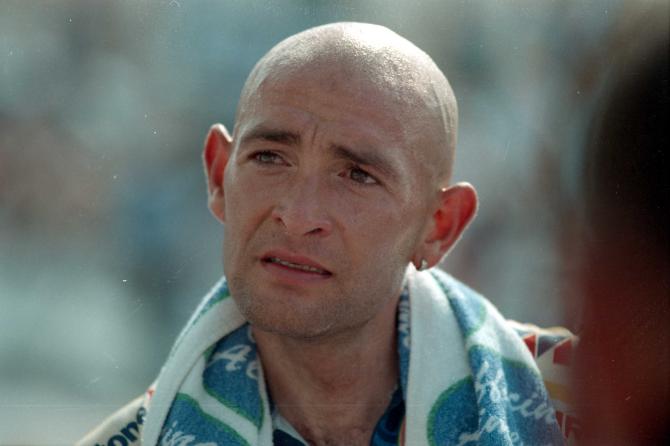
Italian police, who have carried out a new investigation into Marco Pantani's exclusion from the 1999 Giro d'Italia, believe that the Naples mafia was behind a plot to change his blood haematocrit values in order to disqualify him from the race. Police in the town of Forli believe the Mafia wanted Pantani out of the Giro d'Italia to avoid paying out on massive illegal bets for his victory in the race. However, the Forli police also said the case should be archived because any court verdict would be dismissed due to the law of prescription, or statute of limitations.
The Mafia is suspected of threatening and bribing the medical staff that carried out the tests on behalf of the UCI in Madonna di Campiglio. It is suspected they used a technique of deplasmation to raise Pantani's haematocrit above the 50 per cent limit. Pantani's haematocrit was measured at 52 per cent, and so he was disqualified from the Giro d'Italia while leading by over five minutes.
The events surrounding Pantani's blood test were initially investigated by police in Trento in 1999, who questioned everyone involved. They tested the machine used to carry out the tests and even confirmed via a DNA test that the blood was Pantani's. However, Trento police were unable to fully investigate the accusations that the Camorra was involved at the time and closed their investigation, convinced that the test was carried out correctly. The doctors involved have always denied any wrongdoing.
Tests carried out on blood samples from the 1998 Tour de France as part of a 2013 investigation by the French parliament revealed that Pantani and numerous other riders had taken EPO, but Pantani had always insisted that he had been robbed of his 1999 Giro d'Italia victory. The huge scandal that engulfed him afterwards apparently sparked his use of cocaine, which ultimately led to his death in 2004. Pantani's mother has spent a huge sum trying to clear her son's name, both for his exclusion from the 1999 Giro d'Italia, and that he committed suicide in 2004 by taking a massive cocaine overdose.
According to a two-page report in Tuesday's Gazzetta dello Sport, a new version of events and details of the Naples mafia involvement have created a 'new truth' on Pantani's exclusion from the 1999 Giro d'Italia.
The Forli police thoroughly investigated the allegations that the Naples 'Mafia' - the so-called Camorra - was involved as they attempted to avoid bankruptcy due to huge illegal bets on Pantani's victory at the Giro d'Italia. A phone tap from a Camorra member confirmed initial accusations made by his cell mate, and Milan mobster Renato Vallanzasca and the Forli police have reportedly secured confirmation from leading members of the Camorra in Naples that the medical staff were bribed to alter Pantani's blood value.
Gazzetta dello Sport quotes testimony from Augusto La Torre one of the heads of the Naples Camorra.
The latest race content, interviews, features, reviews and expert buying guides, direct to your inbox!
"I spoke to several other bosses and they told me there was a risk of going bankrupt and losing several million if Pantani won the Giro, just as happened with Maradona and the Napoli football team in the eighties," La Torre reportedly said in the 30-page Forli police report.
"I can say that the clan contacted the people who did the control and corrupted them. I absolutely exclude that they were threatened, it was just corruption."
As a result of the new details, the Forli police believe it is possible that the medical staff who carried out the blood test in Madonna di Campiglio had been corrupted, with the deplasmation technique used to change Pantani's blood values despite it being difficult to control the eventual blood volume. Deplasmation apparently alters the level of platelets in the blood, leaving a sign of manipulation. This was seen in Pantani's blood sample taken at Madonna di Campiglio, but his platelets had returned to normal in a private test carried out several hours later in Imola.
While police are unlikely to continue with the investigation, due to the statute of limitations, Gazzetta dello Sport suggests that Pantani's family could now start legal action or even demand that the results of the 1999 Giro d'Italia are reviewed.
Pantani's mother has always believed that events of Madonna di Campiglio sparked her son's tragic spiral into drug use and depression.
"Finally, we got the truth; I want to thank the Forli procura for their hard work. Their work in the investigation hurt but have restored Marco's dignity," she told Italian television.
"Someone has finally done a good investigation. I've been looking for confirmation for years. I won't get Marco back but now I'm at peace with myself. Finally."

Stephen is one of the most experienced member of the Cyclingnews team, having reported on professional cycling since 1994. He has been Head of News at Cyclingnews since 2022, before which he held the position of European editor since 2012 and previously worked for Reuters, Shift Active Media, and CyclingWeekly, among other publications.